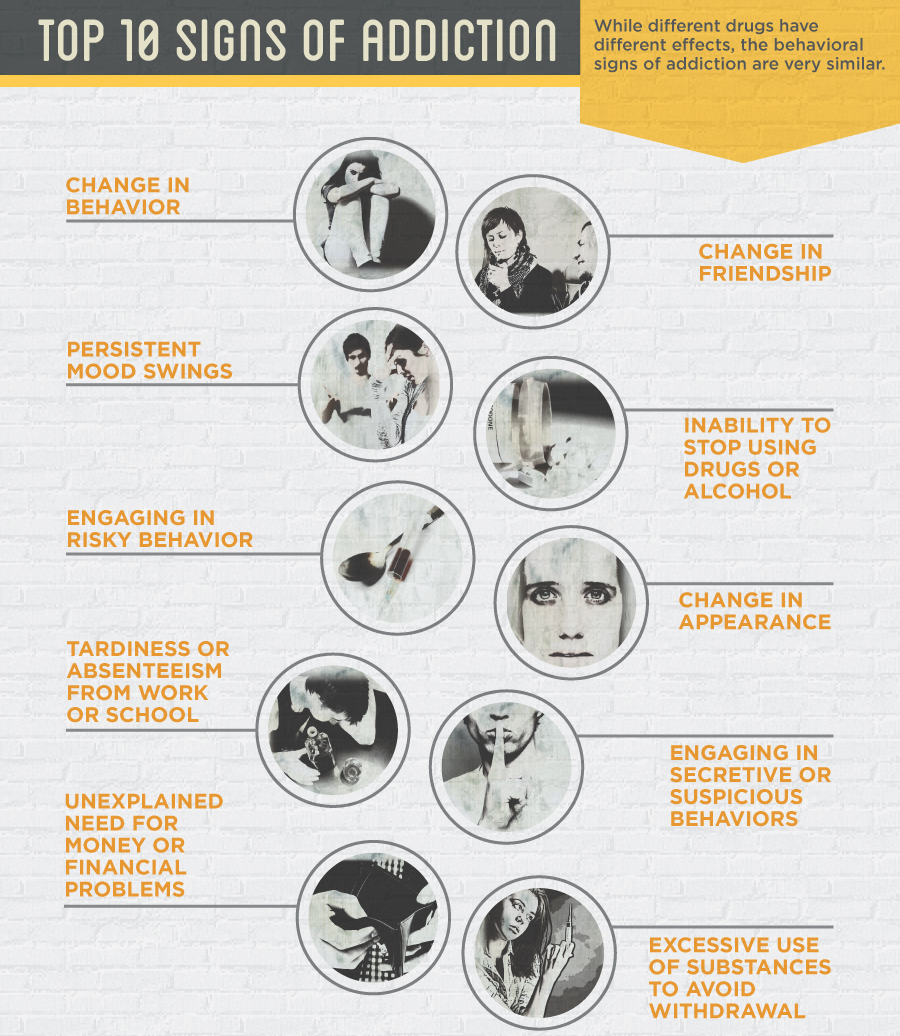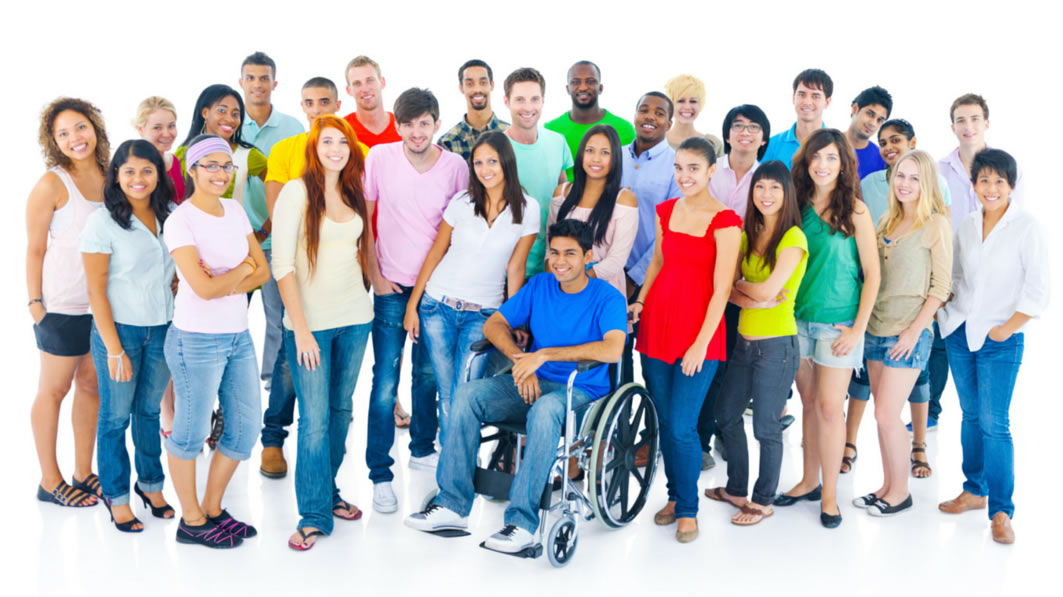
It can be hard to say "no" when your friend is offering alcohol or drugs. All that you need to know is that the consequences of trying alcohol or drugs can far outweigh any perceived benefits.
CHOOSE YOUR TOPIC OF INTEREST
What Is Addiction?
Strengthening Your Knowledge and Skills

Have you ever been curious about what kind of drugs your friends may try to pressure you into trying or using?
The most popular drugs that your friends may be using haven’t changed much for the past five decades. Alcohol, marijuana and tobacco consistently rank among the top substances of abuse among your peers. But other drugs have become popular in recent years. The packaging and advertisements for alcoholic energy drinks, electronic cigarettes and synthetic marijuana are designed to appeal to you and your friends. Let's take a look at what your friends are most likely ask you to try.
TOP 4 ABUSED DRUGS

#1 - Alcohol

#2 - Marijuana

#3 - Electronic Vaporizers

#4 - Cigarettes
Percent of 12th-graders Who Used A Substance in the Past Month:
Type of drug
Prevalence
Alcohol
33%
Marijuana
23%
Electronic Vaporizers
13%
Cigarettes
11%
Prescription Stimulants
3%
Prescription painkillers
2%
Anti-anxiety Drugs
2%
LSD
1%
Cocaine
1%
Ecstasy
1%
Inhalants
1%
Source: 2016 Monitoring the Future Survey
Where are your friends getting Alcohol and Drugs?
It’s relatively easy for one of your friends, who is persistent, to access alcohol and other drugs. They can buy drugs from a friend at school or buy alcohol, cigarettes, vaping products, or synthetic marijuana from gas stations with fake IDs. Drinking and the sale and use of drugs is also very common at parties.
If your parents aren’t diligent, your friends can even steal prescription drugs from the medicine cabinets in your house, when you are not paying attention, or buy drugs on the internet and have them delivered in discreet packages to their homes.
Would you be surprised to learn that the National Center on Addiction and Substance Abuse study found:
- 44 percent of high schoolers know someone who sells drugs at school.
- 52 percent said there was a place near school where students could drink or use drugs during the school day.
- 36 percent said it was easy to use drugs or drink during school without getting caught.
and

Student Led Organizations

Georgia: Courtney Ruiz, Governor’s Office of Highway Safety
7 Martin Luther King Jr. Drive, Suite 643
Atlanta, GA 30334
W: www.gahighwaysafety.org
P: 404-657-9079
E: courtney.ruiz@gohs.ga.gov
Students Against Destructive Decisions
For more than 30 years, SADD has been committed to empowering young people to lead education and prevention initiatives in their schools and communities. Founded as Students Against Driving Drunk in 1981 in Wayland, Massachusetts, SADD has grown to become the nation’s leading peer-to-peer youth education and prevention organization with thousands of chapters in middle schools, high schools, and colleges. In 1997, in response to requests from SADD students themselves, SADD expanded its mission and its name and now sponsors chapters called Students Against Destructive Decisions. SADD continues to endorse a firm “No Use” message related to use of alcohol and other drugs. With its expanded focus, SADD now highlights prevention of all destructive behaviors and attitudes that are harmful to young people, including traffic safety, substance abuse, and an array of issues dealing with personal health and safety.
To learn more visit: https://www.sadd.org/
Resisting Peer Pressure
6 Tactful Tips for Resisting Peer Pressure To Use Drugs and Alcohol
Even when you are confident in your decision not to use drugs or alcohol, it can be hard when it’s your friend who is offering.
A lot of times, a simple “no thanks” may be enough. But sometimes it’s not. It can get intense, especially if the people who want you to join in on a bad idea feel judged. If you’re all being “stupid” together, then they feel less self-conscious and don’t need to take all the responsibility.
But knowing they are just trying to save face doesn’t end the pressure, so here are a few tips that may come in handy.



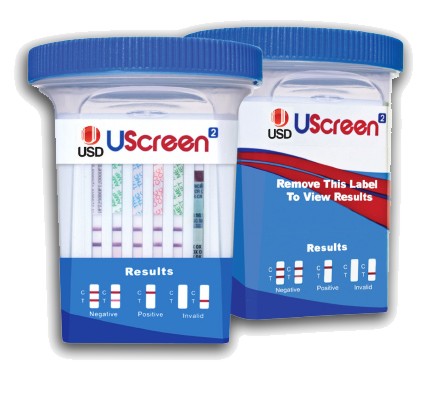
- Offer to be the designated driver. Get your friends home safely, and everyone will be glad you didn’t drink or take drugs.
- If you’re on a sports team, you can say you are staying healthy to maximize your athletic performance—besides, no one would argue that a hangover would help you play your best.
- “I have to [study for a big test / go to a concert / visit my grandmother / babysit / march in a parade, etc.]. I can’t do that after a night of drinking/drugs.”
- Keep a bottled drink like a soda, juice, or iced tea with you to drink at parties. People will be less likely to pressure you to drink alcohol if you’re already drinking something. If they still offer you something, just say “I’m covered.”
- Find something to do so that you look busy. Get up and dance. Offer to DJ.
- When all else fails… blame your parents. They won’t mind! Explain that your parents are really strict, drug test you, and that they will check up on you when you get home.

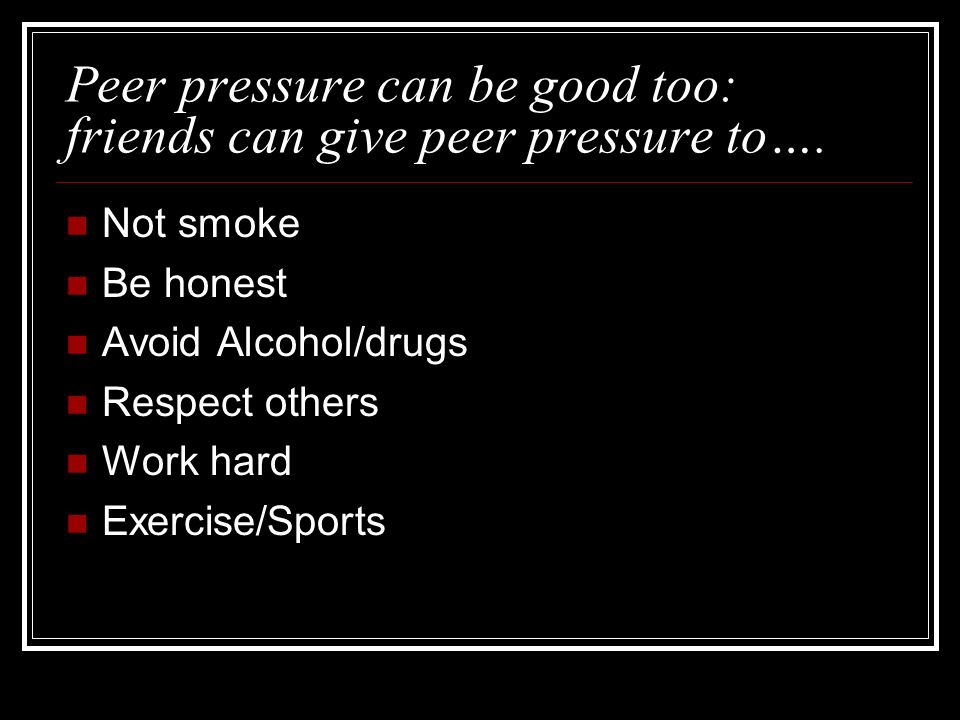

10 Additional Creative Ways to Avoid Peer Pressure (In case your friends are really hard headed)

1. Ask 101 questions.
2. Say “No” like you mean it.
3. Back-up a no with a positive statement.
4. Be repetitive.
5. Practice saying no.
6. Get away from the pressure zone.
7. Avoid stressful situations in the first place.
8. Use the buddy system.
9 Confront the leader of the pack.
10. Evaluate your friendships.
How to get or provide help to a friend struggling with addiction?
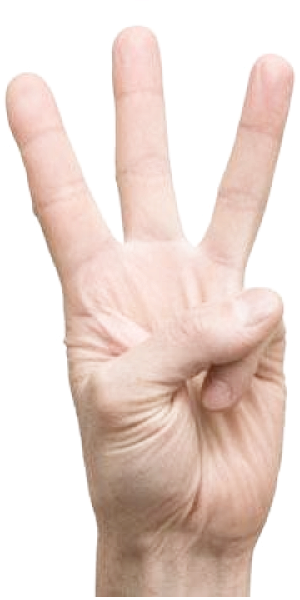
3 Things You Can (and Can’t) Do to Help an Addicted Friend
If you are trying to help a friend or loved one struggling with addiction you need to know the “three Cs” of addiction recovery: You didn’t cause it, you can’t cure it and you can’t control it.
So how do you help someone if you’re influential, but you aren’t in control? If you’re to stay close but avoid enabling? Here are a few suggestions from friends who have come face to face with the harsh realities of the disease of addiction:
What You Can’t Do

Make them quit
You can stage an intervention, and you may be successful, but you cannot force someone with a substance abuse problem to quit. Even in states that allow involuntary treatment, you can’t make someone get sober. You can’t control them or the situation, and the sooner you accept your lack of control, the sooner they can face the natural consequences of their actions.
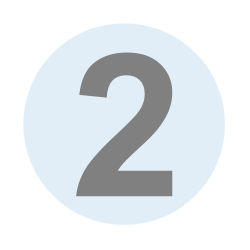
Do the work of recovery for them
Even if your friend or a loved one goes to drug rehab, you can’t do the work of recovery for them and you can’t prevent relapse.
For many, even those who ultimately maintain their recovery long-term, relapse is a common part of the process. Like other chronic diseases, it’s not unusual for those struggling with addiction to need multiple episodes of treatment.
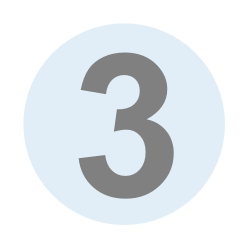
Accept behavior that violates your boundaries
To avoid enabling, you have to set boundaries for your friends and loved ones. Once you’ve laid out your boundaries, allowing them to be violated destroys your credibility and perpetuates your friends or loved one’s addiction.
Boundaries can be basic — for example, the person has to be clean and sober if you are going to hang out with them or they’re permitted in your home. If the boundary is broken, calmly say, “We talked about this and this doesn’t work for me” or “I love you but I can’t go down this road anymore” and then following through with the consequence. Holding firm to your boundaries may mean disengaging for a period of time, or indefinitely.
For some people struggling with addiction, experiencing the consequences of their drug use is the only way they’ll recognize the seriousness of the problem and get help. If you visit an open AA meeting. “More often than not, you’ll hear people say ‘Thank God my parent kicked me out" or something related to a consequence. As difficult as it sounds, you don’t have the power to fix it. Only they do.
What You Can Do

Get educated
You can’t help fight an enemy you don’t understand. Learn about addiction — the signs, the treatments, the relapse triggers — and talk to your friend or loved one about drugs and alcohol honestly. Of course, education is no guarantee of healthy choices, but it can be a powerful tool in preventing alcohol and drug abuse and finding a way into recovery.
If your friend or loved one goes into treatment, participate in any family/friend programs that are offered. The education and encouragement offered by a drug rehabilitation center can help you support your friend or loved one and take care of your own needs at the same time. Then continue to be a source of support and accountability post-treatment, when drug cravings and triggers heighten the relapse risk. Experts strongly recommends putting into place a family/friend recovery contract when a friend or loved one returns home from treatment.

Take care of yourself
A critical lesson for everyone is the importance of being good to yourself, regardless of whether your friend or loved one is doing well. You can’t control another person, but you can make healthy decisions for yourself. And you must in order to have any hope of being able to support and encourage your friend or loved one.
For some people, groups like Al-Anon provide a safe place to get education and fellowship with others who are facing similar struggles. Others prefer seeing a therapist privately or joining a different type of support group.
There’s a lot of pain and grief involved when you have a friend or loved one with a substance abuse problem. Your other family members and friends may not grieve in the same way as you and may have their own ideas about how to handle the situation.

Talk about it
Talking about the problem can be healing both for the person trying to overcome addiction as well as their loved ones. A person with an alcohol or drug problem may be reluctant to come to you and ask for help, but if you can tolerate the lies and manipulation, an open dialogue is your best chance to be there for them when they need you most.
Work on building a good relationship, without judging or accusing. You have to step back, you can’t be on top of them all the time, or they won’t trust that they can come to you.
The realities of addiction are painful. It’s hard to hear that a friend or loved one’s life is at risk and you can’t fix it. But once you accept certain realities, you may discover that there’s empowerment beyond the powerlessness. There are steps you can take to help yourself and your addicted friend or loved one, and once you’ve taken those steps you can take solace in knowing you did all that you could in the face of a devastating disease.
How are you being marketed to by ATOD companies?

Don't get hooked!

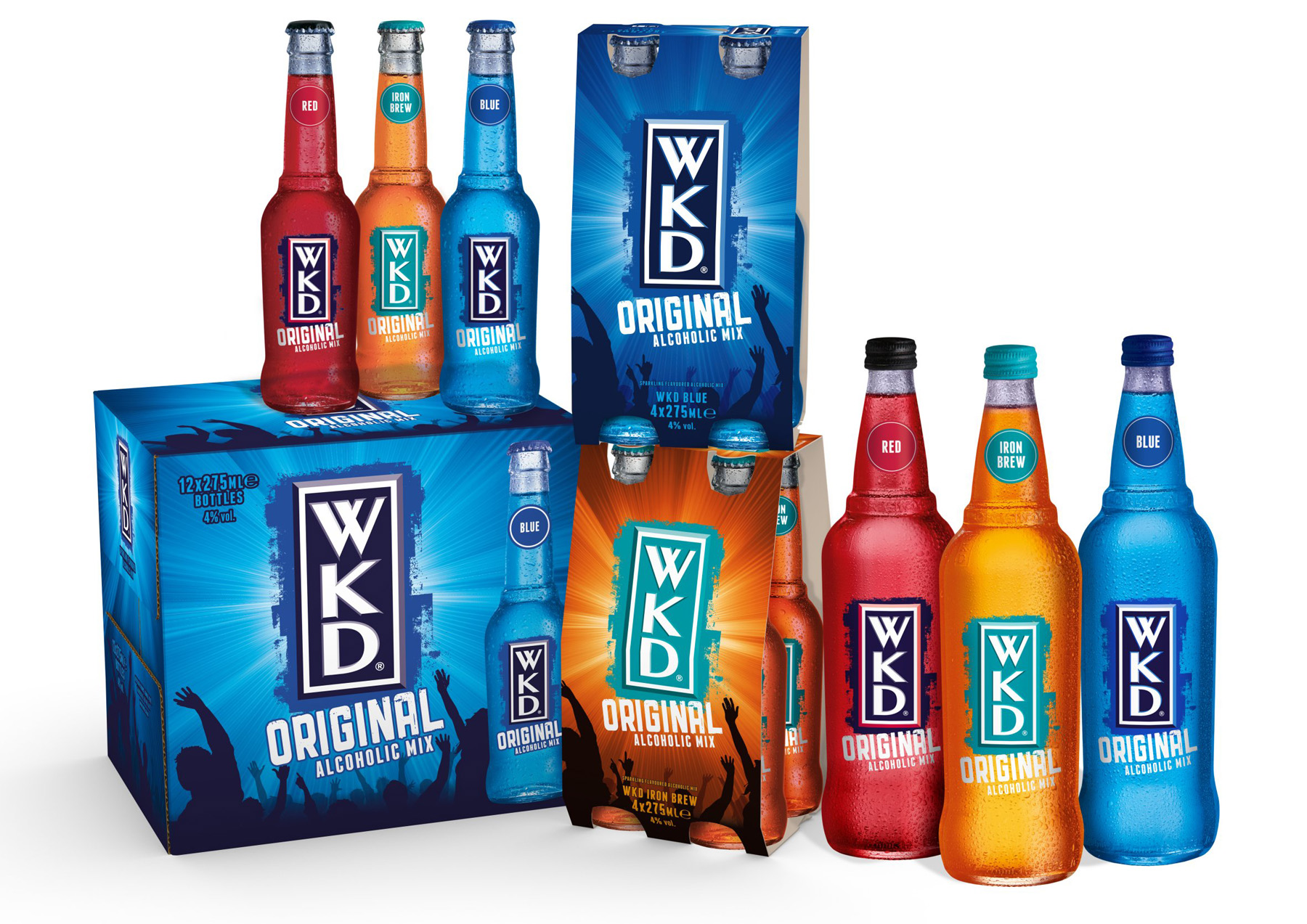
Product
Research has shown that the design of certain alcoholic drinks appeal more to adolescents than they do to an adult audience. The packaging used for ‘alcopops’, designer drinks or Ready to Drink (RTD) beverages were shown to have higher palatability amongst adolescents than adults in an Australian study, which also showed that alcopop packaging had a higher palatability amongst females.[1] In a more recent Australian study, one third of adolescents reported they would be more likely to purchase an alcohol product with energy ingredients, and almost half would be more likely to purchase a product that looked like a soft drink.[2]

Price
Price discounts and promotions can be a key marketing tool for alcohol producers and retailers. It is well established that consumers purchase greater quantities of goods when they are subject to price discounts on volume based offers. A study conducted by Alcohol Focus Scotland found that supermarket promotions and discounts on alcohol increased sales by 20 – 25%.[7]
There is evidence to suggest that when people purchase greater quantities of alcohol through volume-based price promotions, they increase their consumption levels,[8] and that point-of-sale promotions may be associated with higher quantities purchased rather than simply switching between brands.[9]
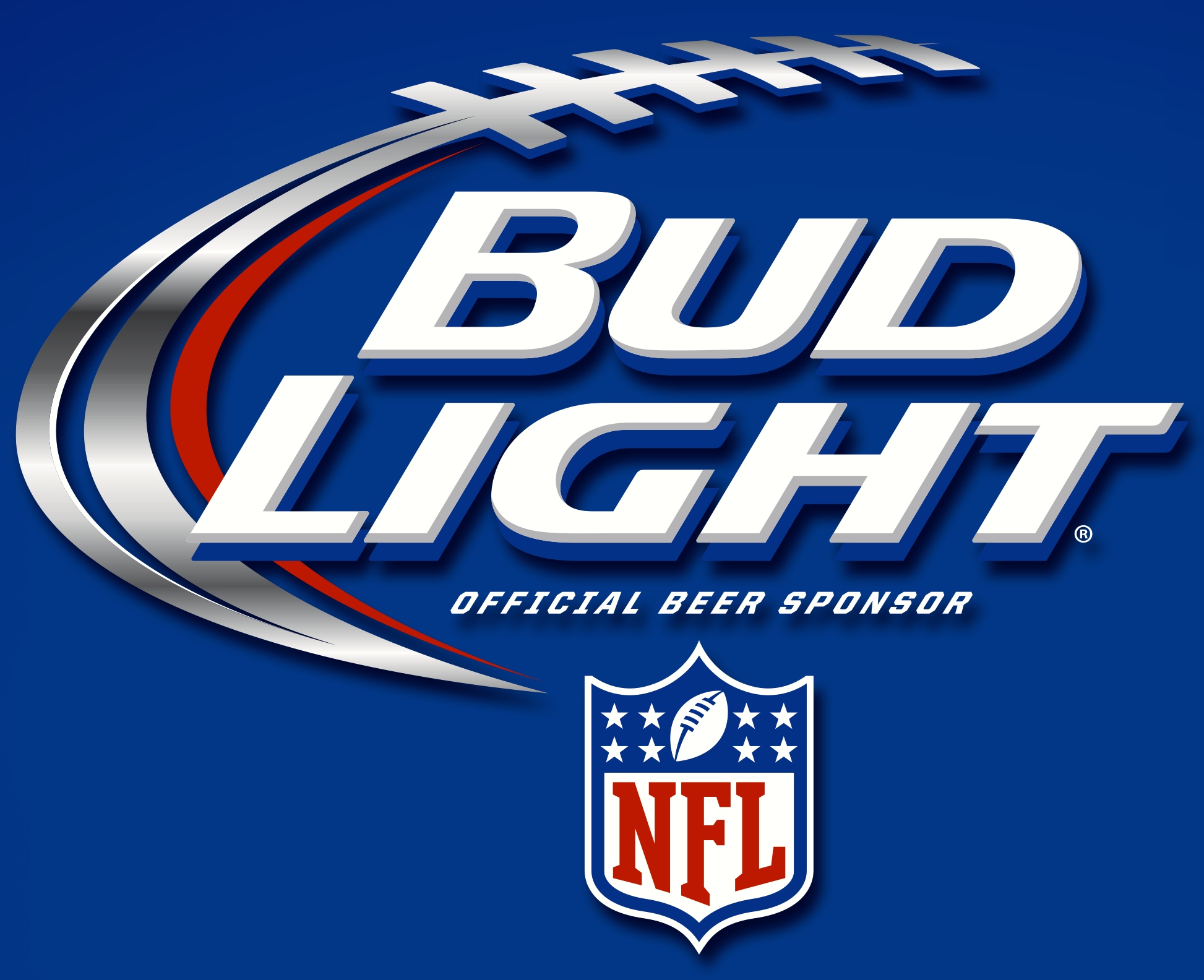
Promotion
The promotion of alcoholic beverages covers a wide range of activities, including advertising and sponsorship. In the UK, alcohol drinks companies were the second largest source of sponsorship funding from 2003 to 2006, behind the financial services sector.[17]
Increasingly, alcohol is being promoted more and more in new media and online social networking sites. For example, in 2011, drinks giant Diageo signed a multimillion-pound deal with Facebook to advertise on the social networking site.[18] Celebrity sponsorship, PR-generating activity and ‘viral’ marketing are also tools alcohol brands can deploy outside current advertising restrictions.[19]

Placement
The place where alcohol is sold can have an impact on the number and volume of alcohol purchases. We know that more and more outlets selling alcohol for longer periods of time throughout the day has increased the availability and accessibility to alcohol, which has had an impact on consumption levels. It is also likely that the placement and positioning of alcohol products within stores, such as front of store and end of aisle promotions in supermarkets and shops encourages people to buy more drink than they intended to.
Evidence that came to light in 2014 highlighted the substantial impact instore placement can have. End of aisle displays were found to increase the purchase of alcohol by up to 46%.[16]
Life Consequences of Alcohol, Tobacco, and Drug Use

Short-Term Effects of Drugs
Different substances affect the body in different ways, but all psychoactive drugs have chemical effects in the brain. The short-term effects that occur in drug users depend on the amount used, the potency or purity of the drug, and whether it is mixed with any other mind-altering substances. Drugs can affect a person’s thinking, mood, energy level, and perception.2 They may impair motor functioning, interfere with decision-making and problem-solving, and reduce inhibition, as well as cause a host of physical health problems.2
Some of the more common substances of abuse include alcohol, hallucinogens, opiates, barbiturates, and inhalants, each of which produce their own unique short-term effects.
Long-Term Effects of Drugs
Long-term drug and alcohol abuse can have disastrous physical and mental health consequences. As the body adapts to the presence of a substance, it requires increasing amounts of it to experience the desired results, a process known as tolerance. As a user continues to increase doses, physical dependence may develop, which may subsequently give rise to unpleasant and sometimes deadly withdrawal symptoms once the person stops using the substance.
Physical dependence is not the same as addiction, but chronic and persistent use may lead to the development of an addiction to drugs or alcohol. Addiction is characterized by compulsive use despite negative consequences. People who suffer from an addiction are unable to control their use and may experience significant impairment in their daily lives.
Some general consequences associated with long-term use or addiction include interference with work, school, or home life, such as job loss, poor work or school performance, suspension or expulsion from school, legal problems, loss of close friends, divorce, and child neglect. Of course, not every user is going to experience these long-term effects, but chronic use increases the likelihood of adverse consequences.
Science of Addiction


